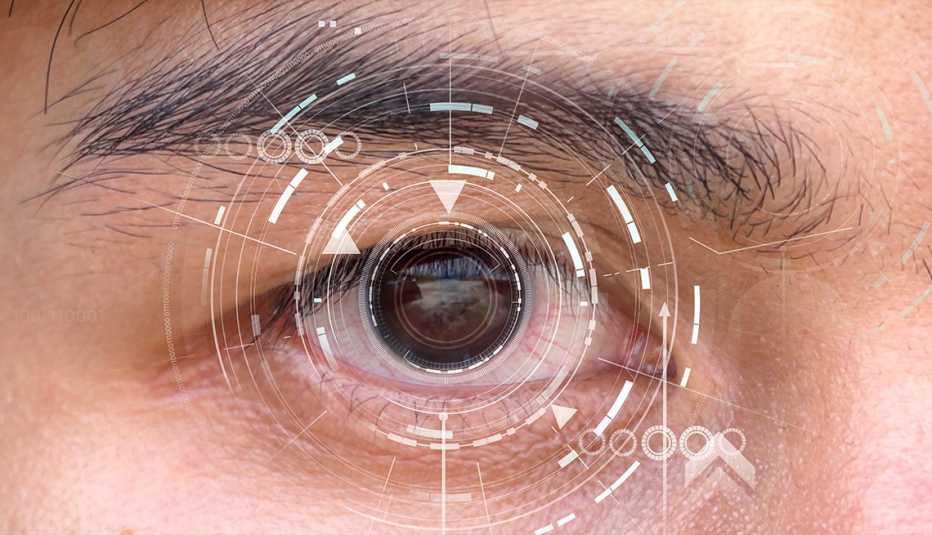AARP Hearing Center


People with autoimmune disorders — including several types of arthritis, inflammatory bowel disease (IBD), lupus and multiple sclerosis (MS) — can also develop swelling and inflammation in the middle section of the eyes that can destroy eye tissue.
Sometimes this results in an uncommon but serious eye disease called uveitis, which can cause significant vision loss, says Alan G. Palestine, M.D., professor of ophthalmology and rheumatology at the University of Colorado School of Medicine and chief of the Uveitis and Ocular Immunology Division at the Sue Anschutz-Rodgers Eye Center. “It is best diagnosed and treated by a complete eye exam, with testing performed by an ophthalmologist, and long-term management is often needed.”
Uveitis symptoms may include pain and redness in the eye, blurred vision, light sensitivity, decreased vision and floaters in your field of vision. You can get it in one or both eyes, though some studies have shown you are more likely to get it in both eyes if caused by an autoimmune disease. While symptoms can develop gradually, they may also come on suddenly and quickly get worse.
The good news is that there's no connection between uveitis and osteoarthritis, the most common form of arthritis, according to H. Nida Sen, M.D., director of the Uveitis and Ocular Immunology Fellowship Program at the National Institutes of Health's National Eye Institute, and a clinical professor of ophthalmology at George Washington University. Osteoarthritis, which affects about 32.5 million American adults, causes joints to break down from wear and tear, and is largely associated with advanced age.
How inflammation affects the eyes
The types of arthritis that can cause vision problems are usually associated with an autoimmune disease, in which an overactive immune system attacks various parts of the body, including organs and joints, and causes inflammation. They include rheumatoid arthritis (RA); psoriatic arthritis, which can accompany the skin condition psoriasis; and reactive arthritis, an uncommon and often temporary condition triggered by an infection.
In addition to IBD, lupus and MS, other autoimmune diseases that may lead to uveitis are ankylosing spondylitis, sarcoidosis and Behcet's disease, according to James T. Rosenbaum, M.D., an ophthalmology professor at Oregon Health & Science University School of Medicine who specializes in inflammation research.



































































More From AARP
What to Know About Eye Floaters and Flashes
They can be harmless or signal a vision-threatening problem9 Reasons You Should Visit an Eye Doctor
Be sure to schedule routine exams to maintain healthy visionCould You Have Light Sensitivity?
What your eyes might be telling you when brightness causes discomfort